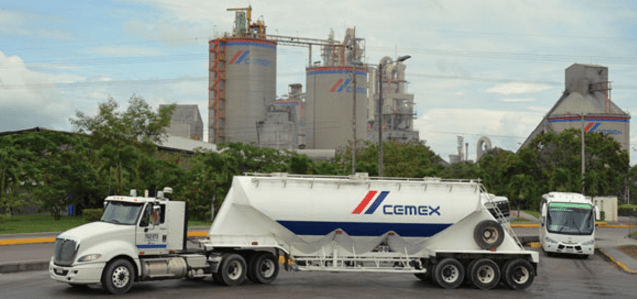The cement company Cemex uses biomass waste and non-recyclable materials to fuel kilns, which is a key lever on its way to achieving its decarbonization goals.
This activity not only benefits Cemex by helping municipalities reduce waste going to landfills, but also enables the company to reduce the use of expensive fossil fuels in its production processes.
In 2022, the company’s European operations processed waste equivalent to the annual amount produced by a city the size of Madrid, achieving alternative fuel substitution of close to 70% in the region, higher than the industry average.
As of December 31, 2022, three of Cemex’s cement plants were already producing cement with CO2 levels below 430 kg per ton, its new consolidated target for 2030.
As a result, the company’s European operations have achieved a 40% reduction in CO2 emissions compared to their 1990 baseline.
Cemex is also driving the use of alternative fuels by injecting hydrogen into its cement kilns to optimize the process.
After successfully implementing this technology in its plants in Europe, the company has announced investments to implement hydrogen injection in four plants in Mexico by 2023, and expects to continue to scale up its use in other operations around the world.
Biomass waste
In 2022, Cemex launched Regenera, its new global waste management business, with which it intends to further strengthen its capabilities and the circularity services it offers its customers.
It aims to increase the amount of waste and by-products it manages by more than 50% by 2030, with a focus on municipal and industrial waste; construction, demolition and excavation waste; and other industrial waste and by-products.
Overall, by 2022, Cemex estimates that it will manage close to 27 million tons of waste, 67 times more than the non-recyclable waste it generates.
The company believes that the success of its efforts will depend on the market’s acceptance of its lower-carbon products.
![]()

